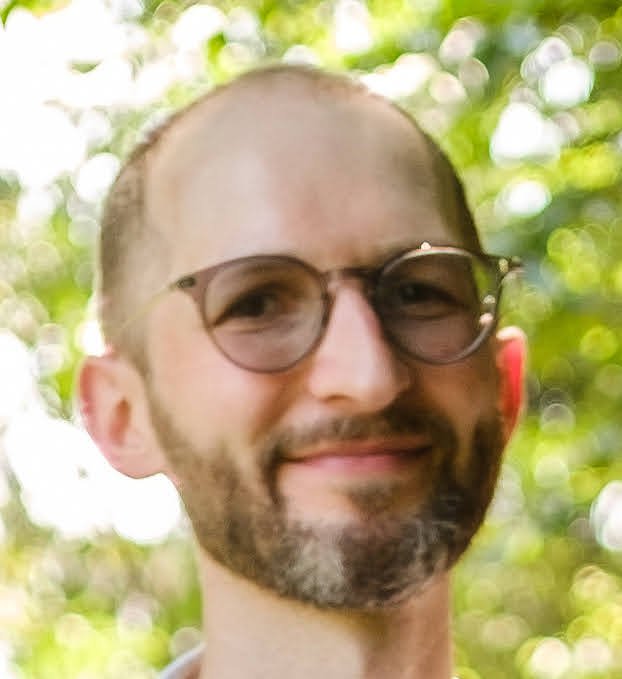Forming a new team
/I remember Irony City's last round of (formal) auditions. We had forty+ people show up and cast two. That's a lot of talent we turned away!
And I mean it when I say talent. There were a ton of good people that just don't fit in our team. We wanted people who both complimented and accentuated the personality of our group, players who would make us better by being in the group.
Now that the Pittsburgh community is exploding it is much easier to form a team. You can just ask a few people whose name you know to play with you at cage match. But is that the best way?
I don't think so. There are many successful models for teams, but as I've been chatting with folks here, it seems often times they are formed haphazardly.
Here's how I would go about forming an indie team:
- Who do you absolutely love to play with? You get excited to do scenes with them. Here's your chance to do a lot more!
- Who do you admire most as a player? You love their style and want to know more about how they tick. Remember, you'll watch a lot of each other's work, get notes together, and hang out.
- Who plays the way you like to play? If you're a patient player, it might be good to have another patient player or two on your team. Especially early in your career.
- Who balances the group out? Who does a really good job at what you're weak at. Maybe you need a good straight man, or someone with a solid emotional core, a player who aggressively edits, etc.
Now look at your list. If, in your opinion, you are the weakest player on that team, it's probably the best team for you to be on!






